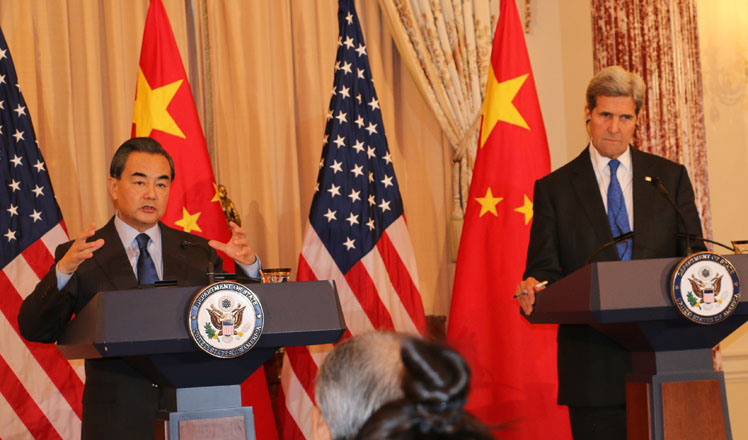Vigilance over big-city realty rates
Updated: 2016-02-25 07:24
(China Daily)
|
||||||||
 |
|
A property construction site in Nanjing, capital of Jiangsu province. [Photo/China Daily] |
At a time when the government is promoting real estate destocking in small cities, the recent surge in property prices in big cities such as Beijing, Shanghai and Shenzhen, presents policymakers with something of a dilemma.
Compared with the tepid conditions in the real estate markets in other parts of the country, home prices and transactions in such first-tier cities as Beijing, Shanghai and Shenzhen have reported a considerable jump over the past year. Shenzhen even registered a nearly 50 percent rise in the prices of newly built homes, with Shanghai exhibiting signs of a similar scenario.
The recent rise in housing prices in these metropolises can be largely attributed to the demand in these cities, which reflects their attractive employment opportunities, unparalleled advantages in terms of educational and medical resources, and possibly people's belief that buying properties can help hedge against the economic headwinds.
Excessive administrative interventions like the ones introduced during the previous decade will risk public questioning of policy consistency, given that the government has vowed to phase out obsolete restrictive administrative measures in the housing market.
Yet soaring housing prices are still a cause for concern. Not just because of potential bubbles, but also because the fast rise in prices in a very few cities is likely to funnel nationwide funds into these areas, which will exacerbate development imbalances.
This will add to the lingering housing market slump in less-attractive cities and thus go against policymakers' ongoing efforts for their real estate destocking and more balanced housing development.
Despite the promise to reduce the use of the invisible hand in economic activities, policymakers should still keep high vigilance over possible irrational and speculative factors in the latest round of home price rises in big cities while refraining from taking administrative means to intervene into normal market behavior.
- Obama makes last attempt to persuade Congress to close Guantanamo
- Over 110,000 refugees, migrants reach EU by sea
- DPRK warns to use weapons against US-ROK forces
- Trump's third straight win has rivals looking for answers
- Suicide bomber behind Ankara attack identified
- Cuba to deploy 9,000 troops to prevent Zika virus

 Future stars battle intense competition for stardom
Future stars battle intense competition for stardom
 Cuties around the world celebrate Chinese New Year
Cuties around the world celebrate Chinese New Year
 Young woman's businesses thrive in rural Jilin
Young woman's businesses thrive in rural Jilin
 Seven-year-old village kid cares for her grandparents
Seven-year-old village kid cares for her grandparents
 Matters of state
Matters of state
 Students begin new term with lucky bags and red envelopes
Students begin new term with lucky bags and red envelopes
 The life of a postpartum care worker
The life of a postpartum care worker
 Top 10 most Internet-savvy banks in China
Top 10 most Internet-savvy banks in China
Most Viewed
Editor's Picks

|

|

|

|

|

|
Today's Top News
What ends Jeb Bush's White House hopes
Investigation for Nicolas's campaign
Will US-ASEAN meeting be good for region?
Accentuate the positive in Sino-US relations
Dangerous games on peninsula will have no winner
National Art Museum showing 400 puppets in new exhibition
Finest Chinese porcelains expected to fetch over $28 million
Monkey portraits by Chinese ink painting masters
US Weekly

|

|







